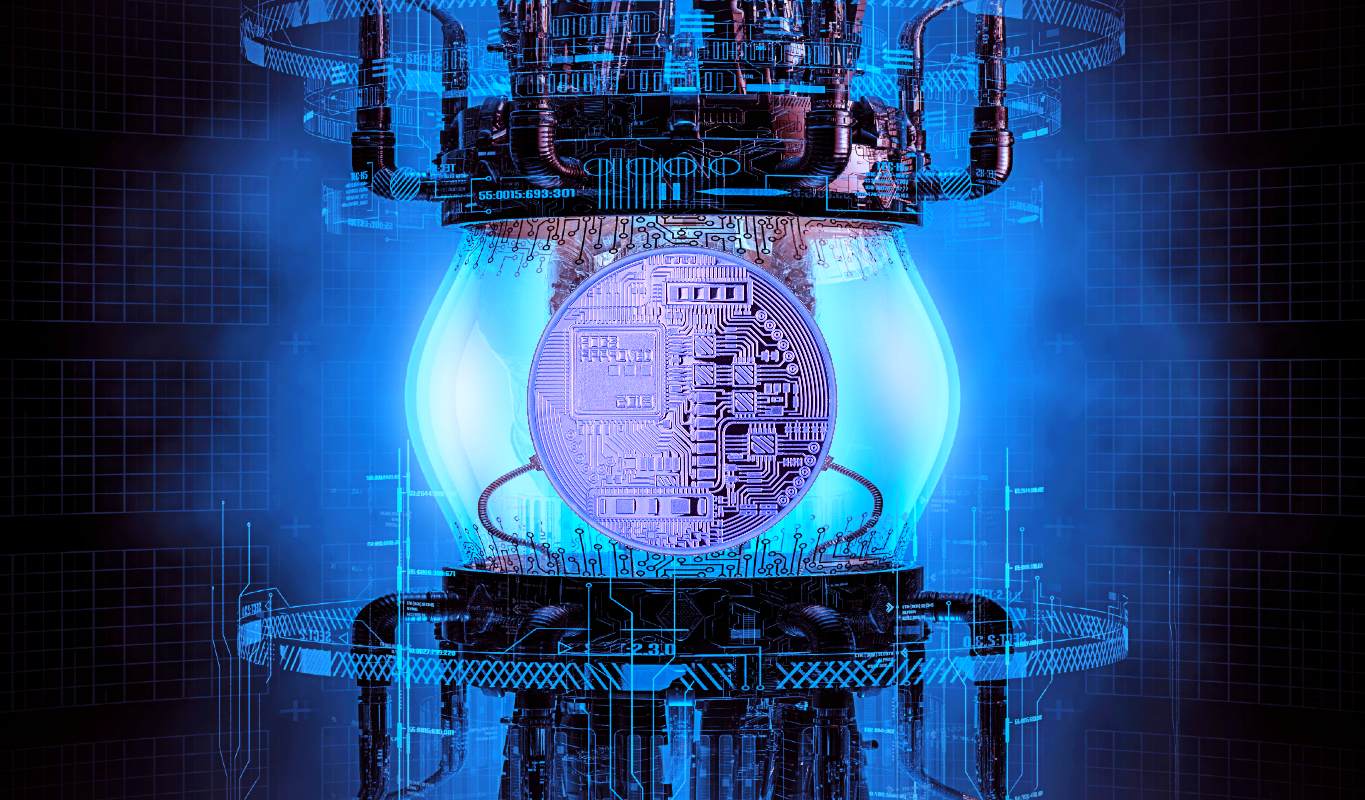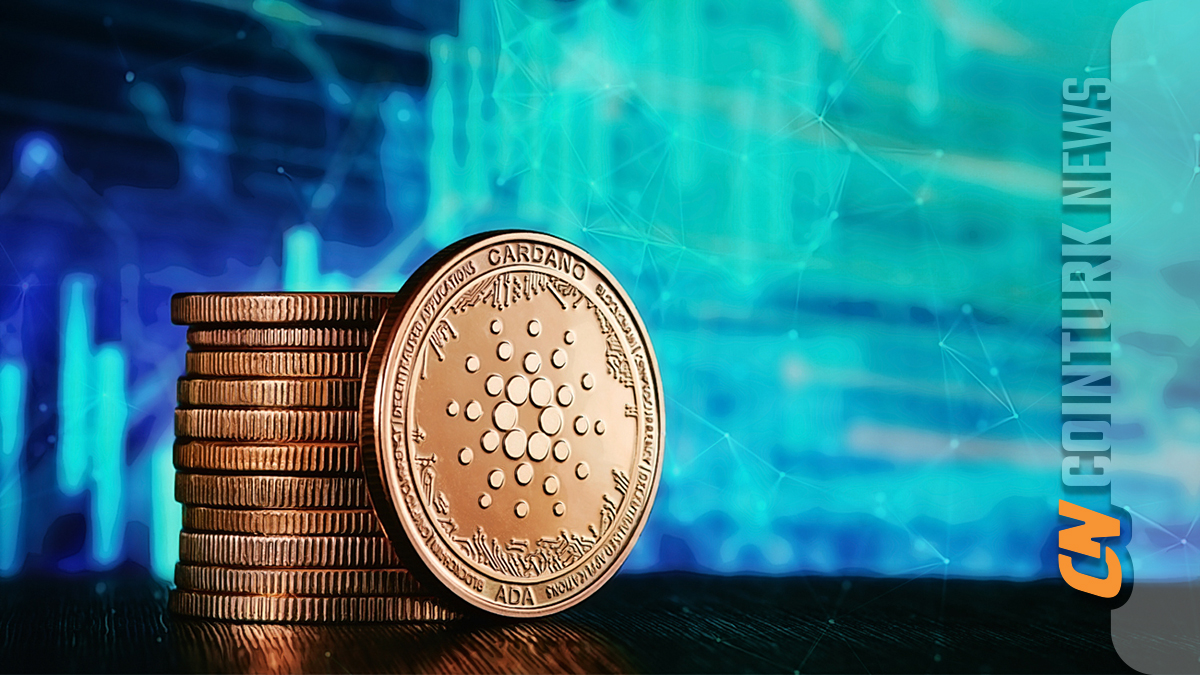Enjoy enduring relationships with mature gay men
November 21, 2024pin up Live Casino 💰 Casino Welcome Bonus 💰 20 Free Spins
November 21, 2024Newest cryptocurrency
Tokens are digital assets stored on the blockchain database. They are created on blockchains that already exist, and typically represent an asset or provide the holder a specific service or access to an application. https://postscriptpublication.com/ A token is a digital unit that represents an asset or utility. For example, countless tokens run on the Ethereum network.
You probably know what happened next. Several years passed in which the primary use of Bitcoin was to trade goods and services on the dark web. Ever heard of Silk Road? Yeah, that’s what I’m talking about.
Picking out the best crypto exchange for yourself, you should always focus on maintaining a balance between the essential features that all top crypto exchanges should have, and those that are important to you, personally. For example, all of the best exchanges should possess top-tier security features, but if you’re looking to trade only the main cryptocurrencies, you probably don’t really care too much about the variety of coins available on the exchange. It’s all a case-by-case scenario!
Meme coins are cryptocurrencies that are created to take advantage of the social media meme phenomenon. Despite the cause of their origin, some meme coins have gone on to become notable cryptocurrencies in terms of how large they’ve grown in market value.

Ada cryptocurrency
Cardano was founded back in 2017, and named after the 16th century Italian polymath Gerolamo Cardano. The native ADA token takes its name from the 19th century mathematician Ada Lovelace, widely regarded as the world’s first computer programmer. The ADA token is designed to ensure that owners can participate in the operation of the network. Because of this, those who hold the cryptocurrency have the right to vote on any proposed changes to the software.
Cardano wird von landwirtschaftlichen Betrieben eingesetzt, um frische Produkte vom Feld bis auf den Teller zu verfolgen. Andere Produkte, die auf der Plattform aufgebaut sind, ermöglichen es, Ausbildungsnachweise fälschungssicher aufzubewahren oder helfen Einzelhändlern, gegen gefälschte Waren vorzugehen.
Aviso legal: Esta página pode conter links afiliados. A CoinMarketCap pode ser compensada se você visitar qualquer link de afiliado e realizar determinadas ações, como se inscrever e realizar transações com essas plataformas afiliadas. Consulte a Divulgação de Afiliados.

Cardano was founded back in 2017, and named after the 16th century Italian polymath Gerolamo Cardano. The native ADA token takes its name from the 19th century mathematician Ada Lovelace, widely regarded as the world’s first computer programmer. The ADA token is designed to ensure that owners can participate in the operation of the network. Because of this, those who hold the cryptocurrency have the right to vote on any proposed changes to the software.
Cardano wird von landwirtschaftlichen Betrieben eingesetzt, um frische Produkte vom Feld bis auf den Teller zu verfolgen. Andere Produkte, die auf der Plattform aufgebaut sind, ermöglichen es, Ausbildungsnachweise fälschungssicher aufzubewahren oder helfen Einzelhändlern, gegen gefälschte Waren vorzugehen.
Best cryptocurrency to buy
Bitcoin’s price has skyrocketed as it’s become a household name. In May 2016, you could buy one bitcoin for about $500. As of Nov. 12, 2024, a single bitcoin’s price was around $86,040. That’s a growth of 17,108%.
To create supply, bitcoin rewards crypto miners with a set bitcoin amount. To be exact, 6.25 BTC is issued when a miner has successfully mined a single block. To keep the process in check, the rewards given for mining bitcoin are cut in half almost every four years.
While you can invest in cryptocurrencies, they differ significantly from traditional investments, like stocks. When you buy stock, you are purchasing a share of ownership of a company, which means you’re entitled to vote on the company’s direction. If that company goes bankrupt, you may also receive compensation once its creditors have been paid from its liquidated assets.
Buying cryptocurrency doesn’t grant you ownership over anything except the token itself; it’s more like exchanging one form of currency for another. If the crypto loses its value, you won’t receive anything after the fact.
